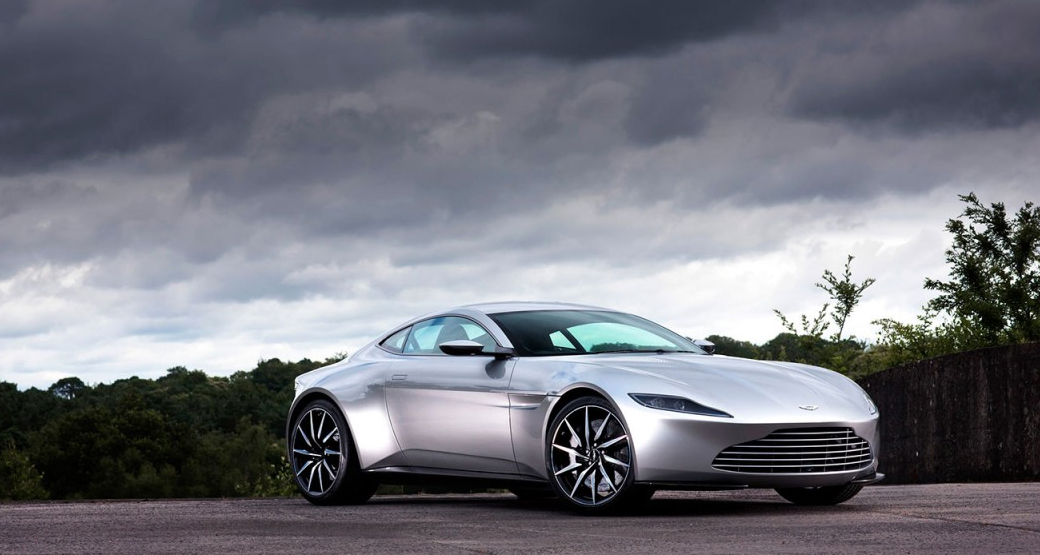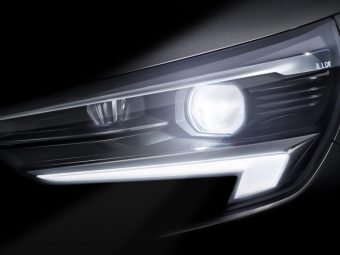When Aston Martin became a private limited company in 2007, it fell into the hands of vulture capitalists. Modern vulture capitalism has a reputation for loading healthy companies with debt and off-loading that debt (money) into the hands of the venture capitalists through exorbitant consulting fees and other legal means. Meanwhile, the company can not sustain the debt repayments and falls into administration. Workers are suddenly made jobless and the vulture capitalists are high-fiving the financially rewarding and deliberate scuttling of their former asset. That is, more or less, what happened to Aston Martin.
Although Aston Martin’s £1 billion debt is a little more complex because it also involves falling sales, a botched stock market listing, and falling sales. Aston Martin’s deliberate strangulation was a long-drawn-out process. Until the billionaire, Canadian businessman Lawrence Stroll acquired significant shareholding. Now Mercedes has stepped in and increased its shareholding from 2.6 percent to 20 percent.
The 20 percent shareholding acquired by Mercedes is not technically significant. Legally speaking a shareholding of 27 percent or more is considered significant because it gives the shareholder the right to influence management. As of now, on their own Mercedes doesn’t have any influence, so to speak. However, Lawrence Stroll acquired a 20 percent shareholding when he agreed to bail out Aston Martin from the threat of going into administration.
And because Stroll has direct links with Mercedes through his F1 team, Racing Point, the combined shareholding gives Mercedes and Stroll almost unlimited corporate power. It is no surprise that Mercedes has acquired more shareholding in Aston Martin, it was a predictable eventuality. But the timing is surprising because the world is in the middle of a deadly pandemic, money and spending power is reduced.
The vulture capitalist playbook is to turn a healthy company into a distressed asset for the sole purpose of profiteering by debt. But in this cold hard business world, evidently, there appears to be too much love for Aston Martin to fail. The Mercedes deal is a technical partnership, to supply future Electric Vehicle technology. In return Mercedes gets that 20 percent shareholding without spending any money.
It is more than likely Mercedes will acquire more shares over the proceeding years. Aston Martin is still making a loss, primarily caused by the Covid-19 pandemic. The company is targeting annual production of 10,000 units between 2021 and 2025 with estimated annual revenues of £2 billion.








